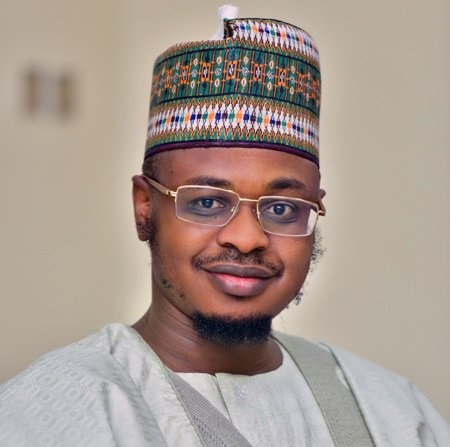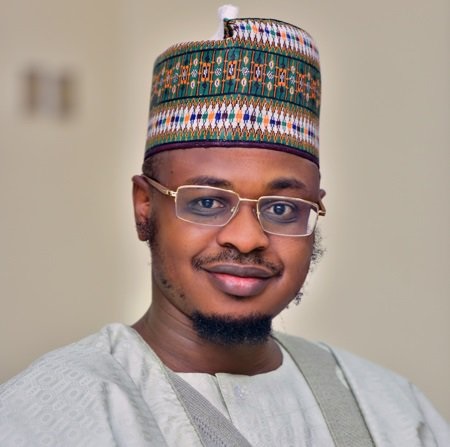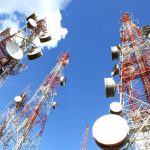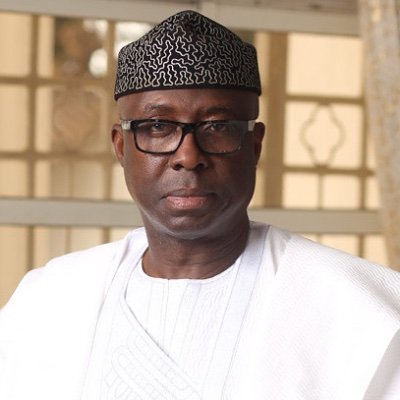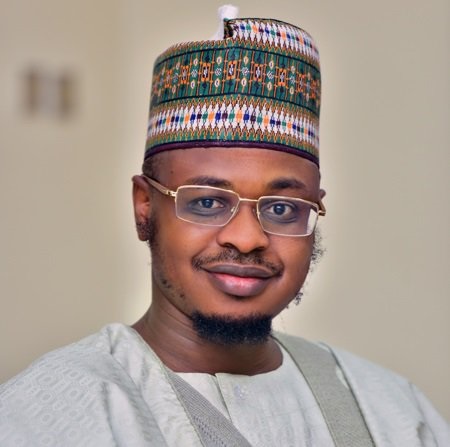Nigeria’s Federal Government has inaugurated a Broadband Implementation Steering Committee to accelerate the attainment of the country’s broadband penetration to 70 per cent by 2025.
While inaugurating the committee in Abuja,Dr. Isa Pantami, Minister of Communications and Digital Economy, said the current 40.18 per cent penetration should be raised to improve the contribution of the sector to the nation’s GDP.
Pantami said: “If you look at the contribution of technology to our GDP, what we have achieved in the first quarter of 2020 is unprecedented, the contribution is 14.07 per cent.
“So this is a clear indication that the more there is proper penetration, the more the nation’s GDP will increase.
“Part of the plan is that we are targeting at least 90 per cent of our population in Nigeria to have access to broadband, so we are targeting 70 per cent penetration by 2025.”
The minister said before now, the broadband penetration was 31 per cent, but based on the recent report released by the NCC, the broadband penetration had now increased to 40.18 per cent.
According to him, it represents almost 10 per cent penetration in less than a year.
He explained that the new Broadband Plan, 2020-2025, was designed to deliver data download speeds across Nigeria at a minimum of 25Mbps in urban areas, and 10Mbps in rural areas.
Pantami said the aim was to ensure effective coverage of at least 90 per cent of the population by 2025 at a price not more than N390 per 1GB of data, that is two per cent of median income or one per cent of minimum wage.
According to the Minister, the plan is being tailored in line with the pledge by President Muhammadu Buhari to lift 100 million Nigerians out of poverty in 10 years.
He said: “The plan will accelerate the aspiration of the country, as it leap frogs with the rest of the developed world toward the widespread deployment of 5G technologies, even while it is yet to achieve significant 4G coverage and adoption.
“With the 14.7 per cent contribution to the nation’s GDP, Nigerian government believes that rapid rollout of broadband services will address various socio-economic challenges faced by the country.
“Some of the challenges include: to grow its economy, create jobs, rapidly expand the tax base, and improve digital literacy and educational standards.”
Pantami added that the current plan was to ensure the deployment of nationwide fibre coverage to reach all state capitals and a point of presence in at least 90 per cent of local government headquarters.
According to him, it also targeted to reach tertiary institutions, major hospitals in each state and 60 per cent of base stations by 2025 at statutory rates of N145 per meter for Right of Way.
He said the ministry’s engagement with the Nigeria Governors’ Forum had inspired several state governments to adopt the N145 per meter and a few of these states had waived the fee altogether.


